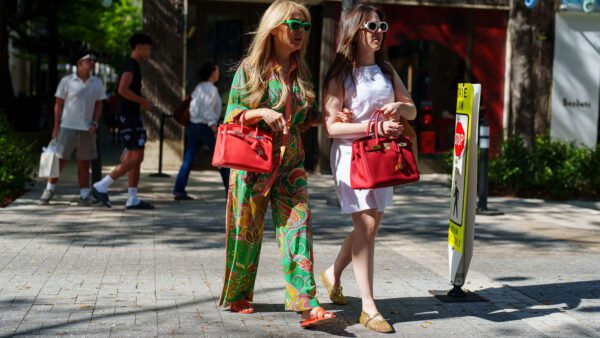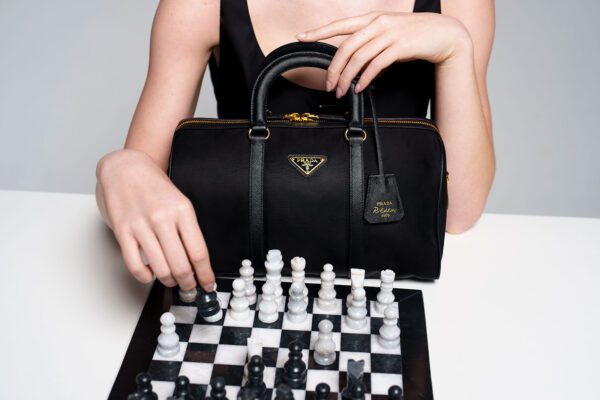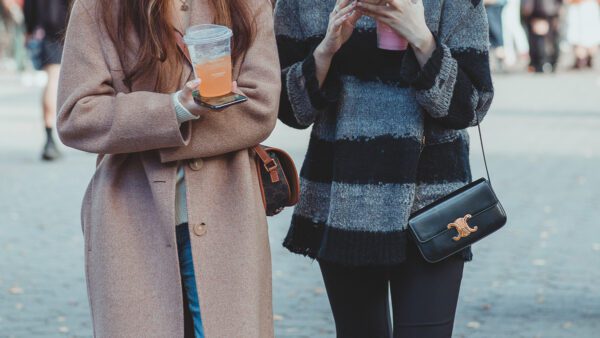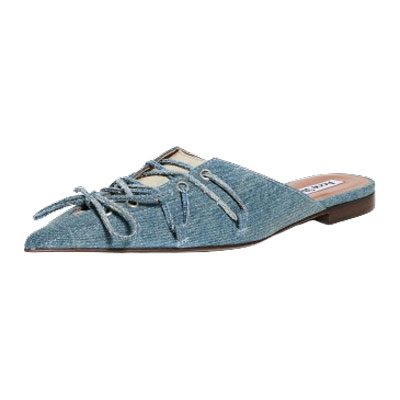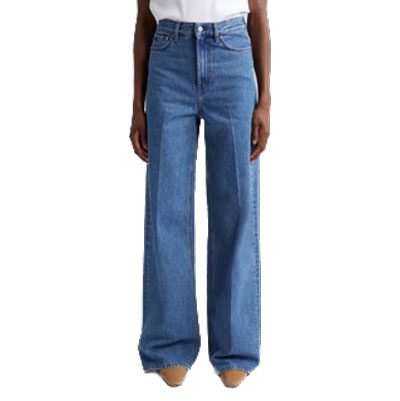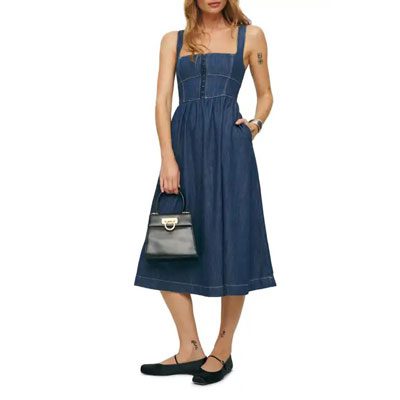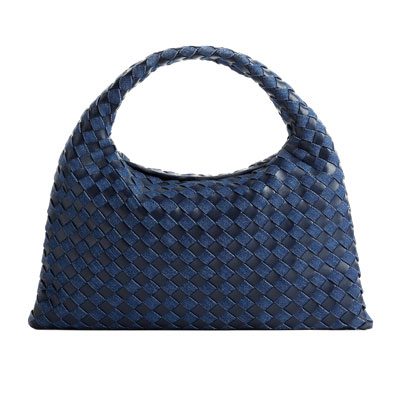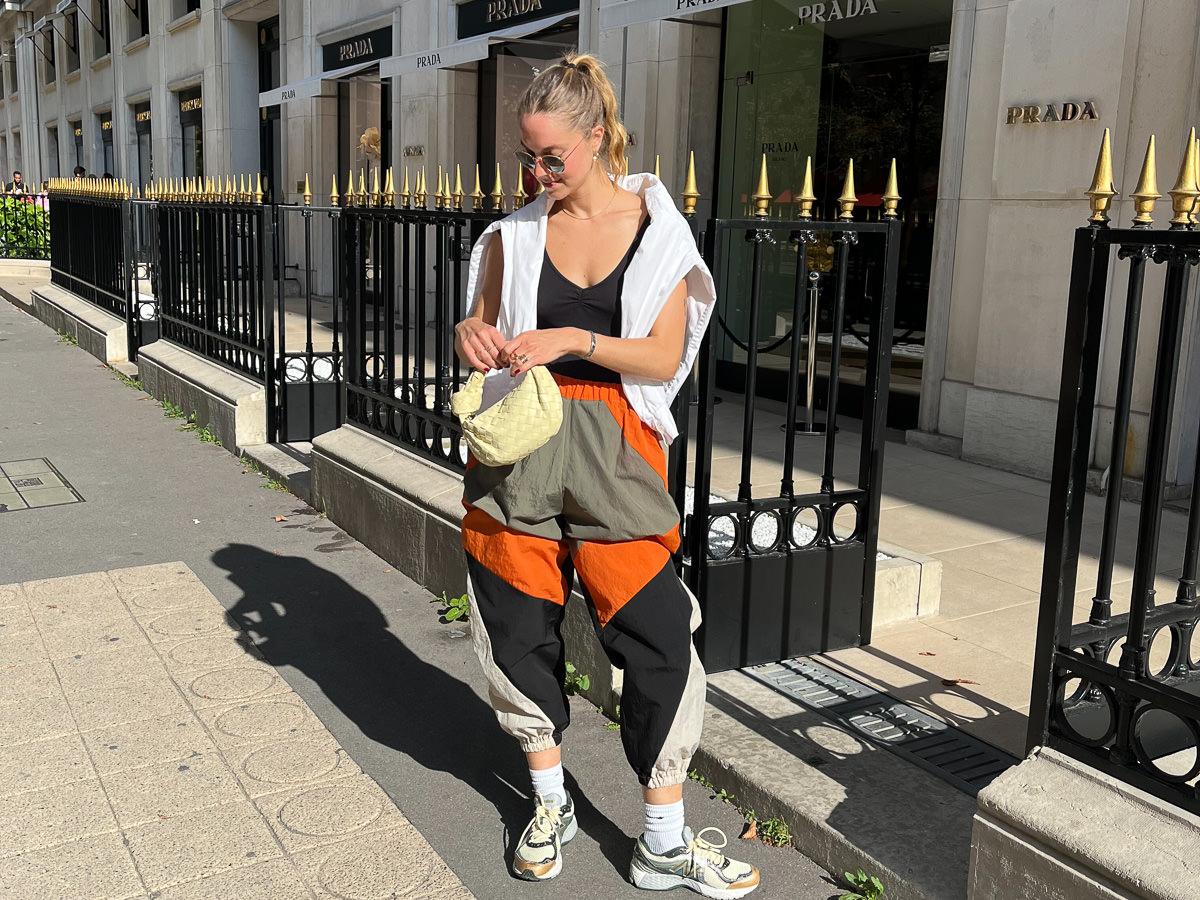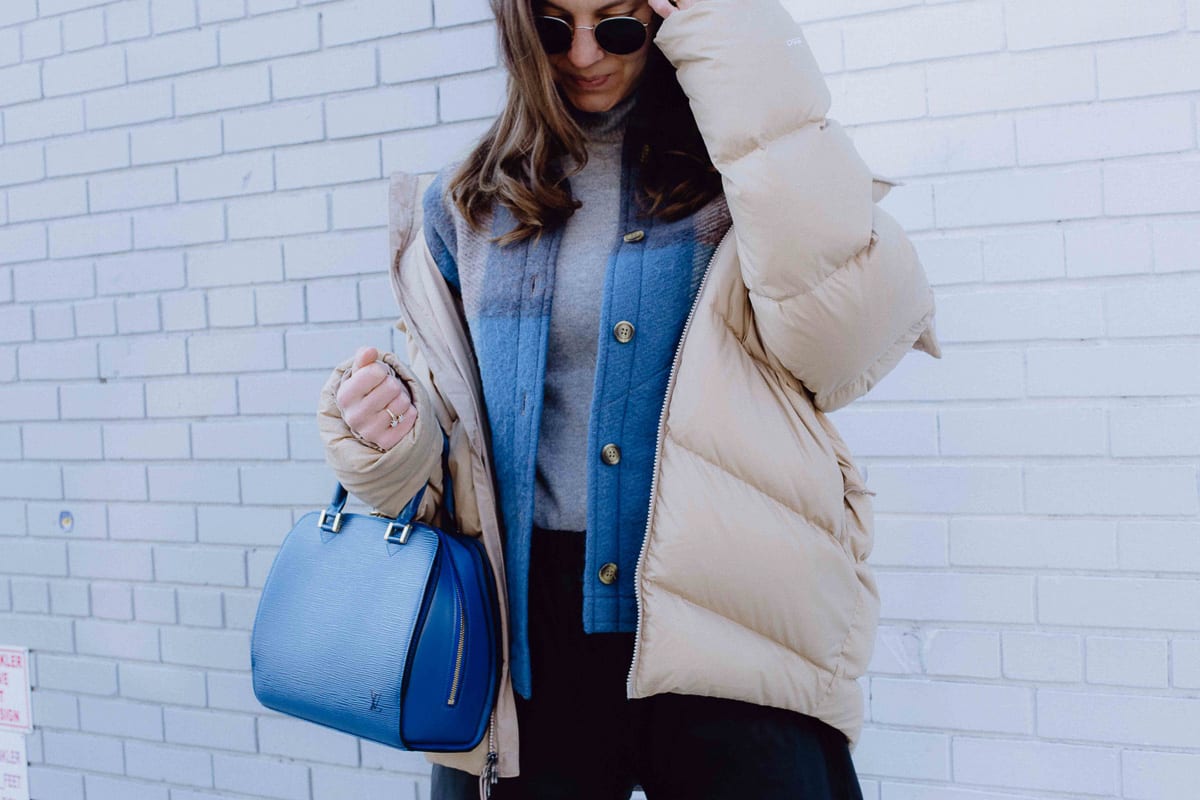I really enjoy watching Youtube videos of handbag lovers showing off their collections. Call it a guilty pleasure, but I just find it fascinating how some of these creators focus on crafting smaller, more simple collections centered around specific colors or sizes, while others simply desire to amass assortments large enough to rival major department stores.
Don’t get me wrong, I love to see them and I believe their videos serve as a great medium for my own pre-purchase research, but I still can’t help but sometimes wonder… how many bags are too many?
Much like those magazines that tell us the seven ways to whittle our waists in time for summer, sometimes these brazen displays of designer goods are starting to feel less aspirational and more like an acceptable cover-up for some cool, yet still unhealthy, fixation.
Shopping addiction is a subject not often talked about outside of the occasional episode of Hoarders or MTV’s True Life, but being the bleeding-heart blogger that I am, I wanted to start a dialogue about it so we can all be sure our next purchases are ones made out of pleasure and not out of pain.
What exactly is shopping addiction? Isn’t it just buying too much?
Generally speaking, compulsive buying disorder (i.e. shopping addiction) is regarded as the uncontrollable urge to buy stuff that results in overly expensive or time-consuming retail activity.
As it stands, the American Psychiatric Association and the American Psychological Association don’t actually consider compulsive buying disorder to be a real clinical illness as much as it’s one centered around impulse control. What they do; however, consider to be real is how the current state of the world (ongoing pandemic, increased stress, etc.) can raise the risk factors that push many of us into wanting more more more. Combine that with “flex culture,” and we get the recipe for some pretty debilitating behavior.
“But Aleja, most of us are educated, level-headed shoppers!”
So who actually suffers from it?
Not all of us, but still probably too many of us (even one is too many.)
We commonly describe ourselves as Hermès addicts and the likeness but with an understanding that these are simply figures of speech. But everyone has their vices, so it’s important we watch out for the signs in ourselves and our fellow luxury lovers, so we don’t get caught up.
“Ok, but we all just really love designer goods. How can we know if our spending habits are unhealthy?”
The following signs have probably applied to all of us at some point or another because a bit of retail therapy can be fun, but please take notice if the following actions or feelings are prolonged:
- Spending more than you can afford to the point of causing financial, emotional, or relational issues
- Spending as a reaction to emotional distress (I’m personally guilty of this.)
- Feelings of shame or guilt after making the purchase
- Trying to conceal your shopping habits
- Losing interest in other non-shopping related activities
“Well, how did we get here? What can we do about it?”
I’m not a licensed doctor, so I can’t rightfully give advice on how to fix the behavior, but I personally don’t think it’s anyone’s fault if they find themselves in the impulse-buying bind. After all, we live in a world that practically breeds anxiety in us. With stress levels and social isolation on the rise, it’s too easy to use shopping as an emotional crutch or convenient source of entertainment.
I don’t want us to stop loving or to stop buying any bags. I guess I just want us to more mindfully consider our purchase decisions. There’s no harm in wanting an extravagant collection, but at what cost?

